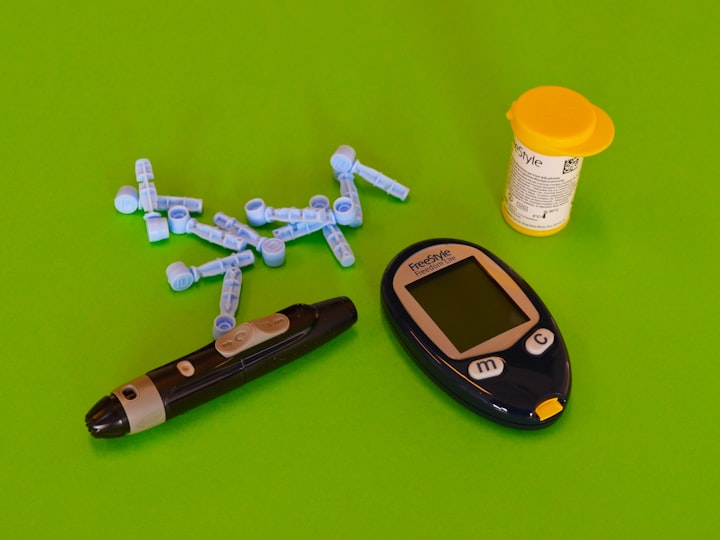Understanding and Managing Fatty Liver Disease in the Era of Obesity.
Fatty liver disease is a common and often overlooked condition, but it is important.

Fatty liver disease, also known as hepatic steatosis, is a condition in which excess fat accumulates in the liver. It is a common liver disorder that can affect people of all ages, but it is particularly prevalent in those who are overweight or obese. In the era of obesity, it is important to understand and manage fatty liver disease to prevent the development of more serious liver conditions, such as non-alcoholic steatohepatitis (NASH) and cirrhosis.
The liver is an essential organ that performs a number of important functions in the body, including the breakdown of fats, the production of proteins, and the detoxification of harmful substances. When excess fat accumulates in the liver, it can interfere with these functions and lead to inflammation and scarring. Over time, this can lead to serious complications, including liver failure.
There are two main types of fatty liver disease: alcoholic liver disease and non-alcoholic fatty liver disease (NAFLD). Alcoholic liver disease is caused by excessive alcohol consumption, while NAFLD is caused by a build-up of fat in the liver that is not related to alcohol consumption. NAFLD is the most common cause of fatty liver disease, and it is strongly associated with obesity.
Obesity is a major risk factor for NAFLD, and it is estimated that up to 90% of people with NAFLD are overweight or obese. Obesity is defined as having a body mass index (BMI) of 30 or higher. BMI is a measure of body fat based on height and weight, and it is used to determine if a person is at a healthy weight, overweight, or obese.
The prevalence of obesity has increased dramatically in recent decades, and it is now a major public health concern. In the United States, more than two thirds of adults are overweight or obese. The increasing prevalence of obesity is contributing to the rising incidence of NAFLD, and it is estimated that up to one third of adults in the United States have NAFLD.
The development of NAFLD is influenced by a combination of genetic and environmental factors. People who are obese are at an increased risk of developing NAFLD, as are those who have type 2 diabetes, high blood pressure, or high cholesterol. However, even people who are not obese or have these other risk factors can develop NAFLD.
Symptoms of fatty liver disease are often subtle and may not appear until the condition has progressed to a more advanced stage. Common symptoms include fatigue, abdominal pain, and weight loss. In some cases, people with fatty liver disease may experience jaundice, which is a yellowing of the skin and whites of the eyes.
Diagnosis of fatty liver disease is typically made through a combination of physical examination, blood tests, and imaging tests such as ultrasound or CT scan. It is important to diagnose and treat fatty liver disease as early as possible to prevent the development of more serious complications.
The most effective treatment for fatty liver disease is weight loss. Losing even a small amount of weight can help to reduce the amount of fat in the liver and improve liver function. A healthy diet and regular exercise are important components of a weight loss program.
In addition to lifestyle changes, medications may be used to treat fatty liver disease. These may include insulin sensitizers, which help to lower blood sugar levels and improve insulin resistance, and statins, which help to lower cholesterol levels.
It is also important to avoid alcohol if you have fatty liver disease. Even moderate alcohol consumption can worsen liver damage and increase the risk of developing more serious liver conditions.
Thanks for Reading My Article.
About the Creator
Go Entrepreneur
I'm a Diet Specialist and Motivational Speaker.






Comments
There are no comments for this story
Be the first to respond and start the conversation.